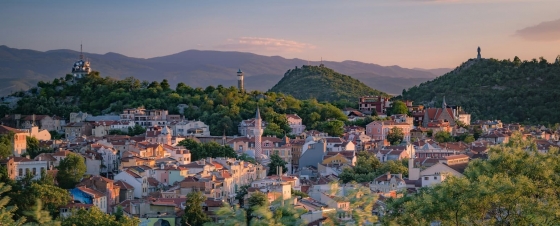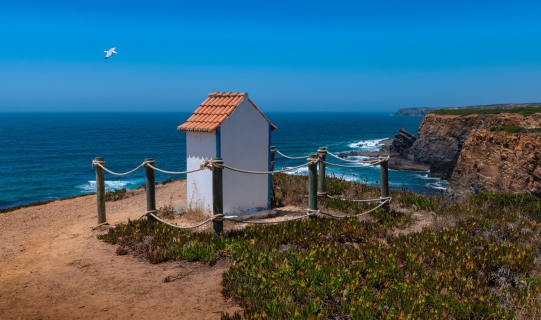Vila Nova de Gaia Weather and Climate: A Comprehensive Guide
The temperature in Vila Nova de Gaia can vary quite a bit throughout the year.
Temperatures can be warm during the warmest months,
and mild during the cooler months.
It also has a notably wet climate with much precipitation.
Now, let’s explore all the climate details to give you a full picture.
Average maximum day and minimum night temperature
Visitors to Vila Nova de Gaia can expect significant temperature changes throughout the year. Average maximum daytime temperatures range from a comfortable 26°C in August, the warmest time of the year, to a moderate 14°C during cooler months like January.
At night, temperatures typically drop to an average of around 8°C during these months.Check out our detailed temperature page for more information.
Temperature ranges by month
Precipitation and rainy days
Vila Nova de Gaia is known for its substantial rainfall, with annual precipitation reaching 1262 mm. Significant seasonal changes in precipitation occur throughout the year. During the wetter season, December receives heavy rainfall, averaging 165 mm of precipitation, recorded across 16 rainy days. In contrast, the drier season, July brings less rainfall, with 23 mm over 6 rainy days. For more details, please visit our Vila Nova de Gaia Precipitation page.
The mean monthly precipitation over the year, including rain, hail and snow
Sunshine over the year
Seasonal changes in sunshine hours are quite dramatic in Vila Nova de Gaia. While July receives considerable daily sunshine with up to 10.2 hours, January marks the darkest time of the year, where sunshine is scarce with only 4.1 hours of sunlight per day.
Visit our detailed sunshine hours page for more information.
Monthly hours of sunshine
Daily hours of sunshine
Average water temperature
The mean water temperature over the year ranges from 13°C in February to 18°C in August.
Water temperature over the year
Average humidity
The relative humidity is high throughout the year in Vila Nova de Gaia.
The city experiences its highest humidity in January, reaching 81%. In July, the humidity drops to its lowest level at 73%. What does this mean? Read our detailed page on humidity levels for further details.
Relative humidity over the year
Average wind speed
The mean wind speed over the year ranges from 4 m/s in June, July, August, September and October to 5 m/s in January, February, March, April, May, November and December.
The mean monthly wind speed over the year (meters per second)
Forecast for Vila Nova de Gaia



Select a Month of Interest
Check the conditions for any month of the year.
The best time of year to visit Vila Nova de Gaia in Portugal
During the months of May, June, July, August, September and October you are most likely to experience good weather with pleasant average temperatures that fall between 20°C and 26°C.Other facts from our historical weather data:
Most rainfall (rainy season) is seen in October, November and December.
August has an average maximum temperature of 26°C and is the warmest month of the year.
The coldest month is January with an average maximum temperature of 14°C.
December tops the wettest month list with 165 mm of rainfall.
July is the driest month with 23 mm of precipitation.
July is the sunniest month with an average of 307 hours of sunshine.
No idea where to travel to this year? We have a tool that recommends destinations based on your ideal conditions. Find out where to go with our weather planner.



